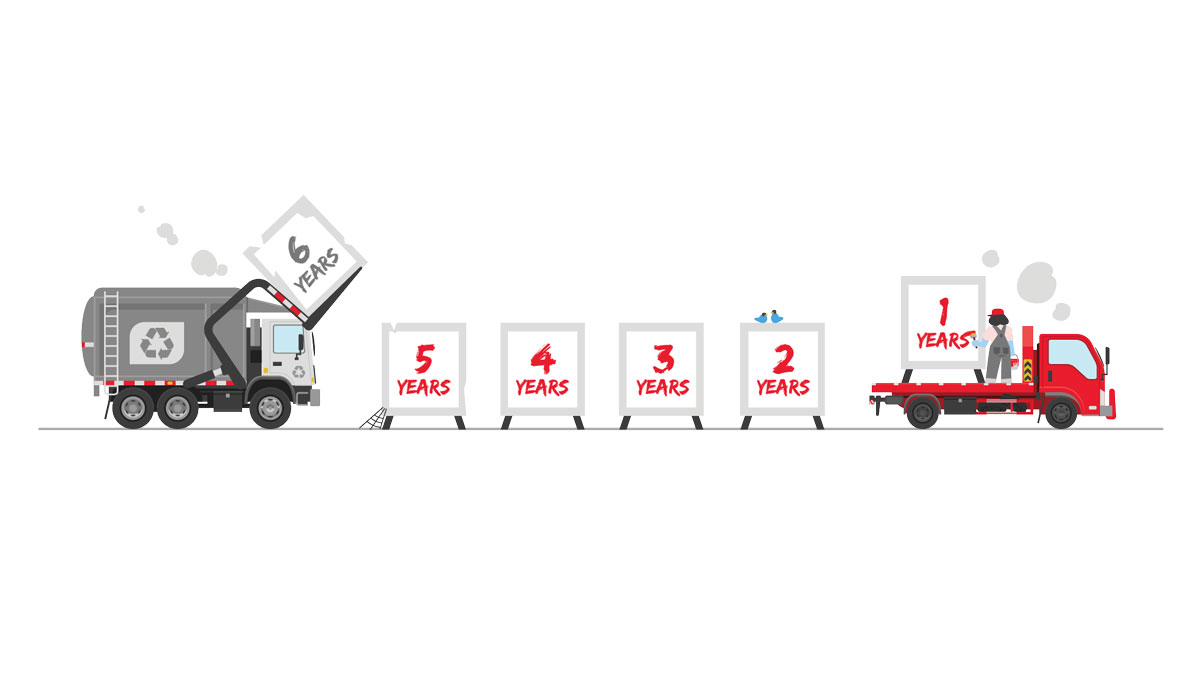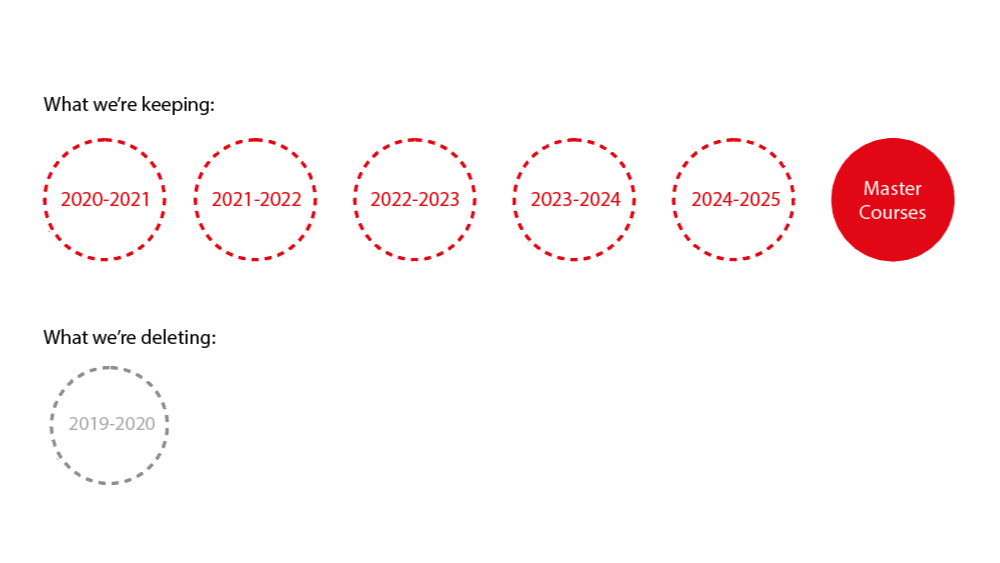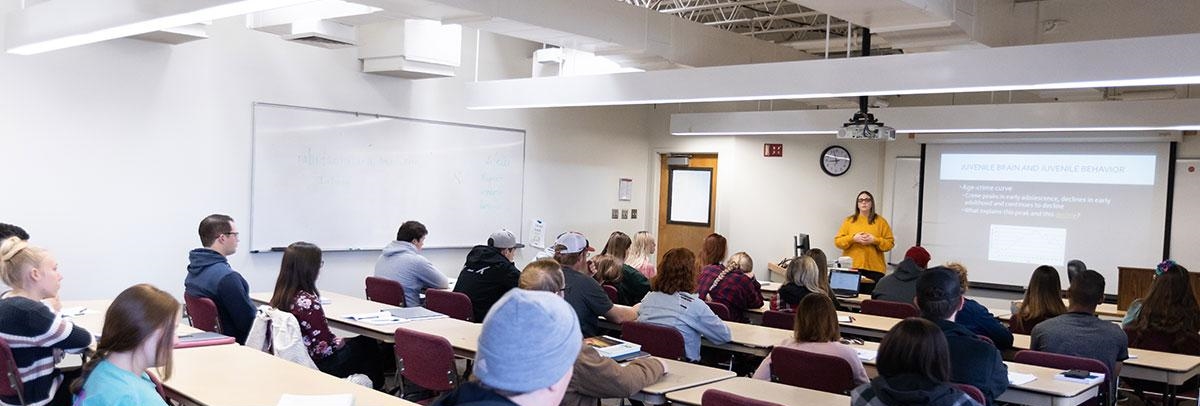Resources & Support for Faculty/Staff
The Center for Teaching Innovation (CTI) offers technical support for faculty and staff utilizing a variety of educational technologies. This includes technical support for Canvas and its associated tools, research regarding new educational technologies, Help Desk tutorials, and technical support for instructional design.
The SUU Canvas Resources shell introduces and highlights Canvas, as well as other educational technologies and tools, and provides more in-depth information.
The following resources provide more information on various topics related to CTI’s tools and services:
Resources & Support for Learners
The Center for Teaching Innovation (CTI) offers technical support for learners utilizing Canvas and other educational technologies in their courses.
The Student FAQ Canvas shell provides an overview to learn and become familiar with Canvas and its related tools.
The following resources provide more information on various topics related to CTI’s tools and services:
Procedures
The Center for Teaching Innovation has several procedures and processes that it follows to maintain SUU digital learning resources. These procedures and processes impact all digital learning materials (videos, courses, etc.) regardless of the modality. Additionally, CTI follows SUU Policy 6.48: Distance Education to guide the department’s actions.
Deletion of Kaltura Media
In an effort to maintain and reduce storage needs, CTI has worked with Kaltura Media to develop a storage repurposing procedure in place for all SUU media stored on the Kaltura server. This process only impacts videos that have not been played in at least two years. The Kaltura Media Repurposing has two phases:
Phase 1: Remove all transcoded flavors (excluding the source) for all entries that have not been played in the past 2 years. Flavors are just different formats of the video (ex. 1080, 720, 240 quality versions). The source is the original recording. The step doesn't delete the video, it's to minimize the size of entries. An email will be sent out at 120 days and 30 days from flavor removal.
Hi Entry Owner,
Entry name: <entry name>
Entry Id: <entry id>
Your Southern Utah University media content listed above is scheduled for flavor deletion (except source) in (120 or 30) days, as it has not been played in 2 years. To prevent flavors from being deleted, play the entry for at least 30 seconds to update the timestamp. If you have questions or need assistance, please contact canvas@suu.edu
Phase 2: Delete entries that have not been played in the past 5 years. This is when the source is deleted. There won't be a way to recover the video. An email will be sent out at 120 days and 30 days from deletion.
Hi Entry Owner,
Entry name: <entry name>
Entry Id: <entry id>
Your Southern Utah University media content listed above will be permanently deleted in (120 or 30) days, as it has not been played in 5 years. To keep this entry from being deleted, play the entry for at least 30 seconds to update the timestamp. If you have questions or need assistance, please contact canvas@suu.edu
Note: Once a video has been played, the timer for deletion resets. So if a video is played yearly, then it will not be deleted.
Here is a link to some frequently asked questions. We will update the content if we get more questions.
Deletion of Courses
Southern Utah University has used the Canvas LMS for its Learning Management System since Fall 2011. Due to the length of time SUU has utilized Canvas, this can create a significant list of past courses for faculty. As a result, CTI staff will begin deleting older courses to help reduce the list of past courses for faculty. At the start of each new fiscal year, courses older than five completed academic years will be deleted from Canvas.

CTI staff, in collaboration with the faculty input, selected five academic years as a reasonable length of time to provide faculty access to past courses. This decision was based on the following information:
- As there is a two year limit for grade adjustments, courses are not needed to be kept beyond this point, per the Registrar.
- Some courses are taught every other year, five years is considered a good rotation period in the event one of these courses is not taught during year 3.
If a faculty member would like a Master Course (MC) created, so they can keep course content longer, they can request one via the new shell request form or by contacting CTI at canvas@suu.edu. A professor can have one MC per course subject and modality (ie: 01 and 30i sections).

Deletion of Zoom Videos
When a video is automatically moved from Zoom to Kaltura, a Zoom Recording category tag is applied to the video on the Kaltura media server. CTI’s script looks for this tag on the Kaltura media server to identify videos to be deleted. This Zoom Recording category is only applied to videos recorded in Zoom and moved to Kaltura through an internal integration. This tag can only be removed from accounts with CTI’s administrative access.
The following documents can assist you with downloading your own videos, deleting your own Zoom and Kaltura recordings, and identifying Kaltura videos that were automatically moved over by our Zoom integration.
- Downloading Zoom Recordings
- Deleting Your Own Zoom Recordings
- Deleting Your Own Kaltura Recordings
- Identifying Kaltura Videos Moved from Zoom
However, if you would like CTI’s assistance in downloading your recordings or removing the Zoom Recording tag, please contact CTI staff at canvas@suu.edu or at (435) 865-8555.
Zoom Litigation Holds
Accessing and Copying of Courses
CTI staff take the access of instructor course materials seriously. Instructors will only have access to the courses they are assigned to within SUU’s Banner system. Instructors may not reach out to CTI and be placed in another instructor’s course or have another instructor’s course copied into their course without the permission of the instructor, department chair, or dean. The only exception to this procedure is that Deans have access to all courses within their college and Department Chairs have access to all courses within their departments.
Instructors may request to have a Master Shell copied into their course if one is available.
Online Course Development & Design
Thank you for your interest in our process for online course development. We work directly with Deans, Department Chairs, faculty, and other strategic partners across campus to prioritize SUU’s online growth. After courses and programs are selected for online development, CTI enters into an agreement with academic departments and assigned faculty to develop high-quality courses.
Please contact Matt McKenzie if you have any questions.
Course Development & Payment
To receive payment for a New Online course, a redesigned course, or an updated course a Subject Matter Expert (SME), who is typically an SUU faculty member, and an Instructional Designer (ID) must work collaboratively to develop the necessary course components. The SME and ID will agree to the following partnership parameters and conditions as listed in the CTI Agreement which is submitted to CTI at the beginning of the development process.
Course Development Partnership Parameters
Working collaboratively, the SME and ID will:
- Agree to a timeline to ensure completion of the course prior to its debut;
- Course builds are typically completed within 16 weeks of the kickoff meeting
- Determine the division of labor at the beginning of development (i.e. building in Canvas, creating new activities, providing subject matter content, etc.);
- Stay in regular contact, defined at the onset of the project;
- Complete a Course Map and Module Organizers utilizing a template provided by CTI;
- Apply Design Tools from Cidi Lab in all course elements and pages;
- Provide proctoring, tutoring, and other vendor options to students, if necessary;
- Ensure that the course complies with relevant accessibility and copyright laws;
- Ensure that the course aligns with CTI’s quality assurance criteria.
If the course development does not meet the above criteria, the course may be paused, canceled, or reassigned based on a conversation with the Program Director, Department Chair, Dean, and/or Assistant Provost.
Payment will be sent to the SME once the course passes the CTI Course Review Rubric, which is based on the SUU Syllabus Policy 6.36 and QM Standards. Note: If you go through our development process you will receive a copy of the rubric at the beginning of the process.
Types of Eligible Courses for Online Course Development Funding
All courses, no matter their level of development, must be approved by a Department Chair or Dean in order to receive development funding from the CTI
A new, fully online, asynchronous course that has never been developed at SUU within the past three years. Exceptions can be made based on significant changes (80 - 100% of the content is changing) in content. For example, significant changes to specific content such as tax laws discussed in the course are changed at the government level resulting in significant changes to course content.
Courses which have been designed or redesigned within the past three years will need justification for redesign, as well as approval from the Program Director, Department Chair or Dean, and the Assistant Provost for Faculty Affairs or designated representative prior to work being started on the course. Additionally, the course cannot require an on-campus presence or synchronous component to the course.
An online course previously developed but in need of significant changes with significant changes (approximately 40 - 80% of the course needs to be changed). Courses which have been designed or redesigned within the past three years will need justification for redesign, as well as approval from the Program Director, Department Chair or Dean, and the Assistant Provost for Faculty Affairs or designated representative.
For Minor Updates, Major Updates, and Redesigns, the SME and ID will complete the Faculty Course Analysis and CTI Course Analysis, then collaborate to identify the category of the project. Additionally, payment amounts will vary based on the number of credits the course is worth.
Please be aware that our process staggers course development. If a course is selected for course development the process may occur earlier than anticipated. By staggering the developments, it ensures courses are completed on time for their debut session and that CTI staff can provide the appropriate amount of attention to each development.
Consultations

The Center for Teaching Innovation (CTI) conducts classroom observations at the request of faculty who are interested in receiving feedback on their teaching effectiveness. These are not only valuable professional development opportunities, but offer strong evidence of efforts to improve teaching for the LRT process. The results of these observations are considered confidential - it is up to the discretion of the individual faculty member to decide whether to include them in LRT documents. To schedule a classroom observation, contact Jennifer McKenzie.
The basic procedure for CTI classroom observations is as follows:
- CTI personnel will meet with the faculty member prior to the class visit, at which time the faculty member will describe:
- The course and learners.
- Their basic teaching style.
- The topic and learning goals for the day of the visit.
- The areas they would most like feedback on.
- CTI personnel will attend one class meeting.
- CTI personnel will meet with the faculty member within one week after the class visit to discuss:
- Teaching strengths that should be retained and expanded upon.
- Areas that could be improved upon and strategies for improvement.
- Whether the goals for the class that day were achieved.
- The CTI will provide two official letters that may be included in LRT documents at the faculty member’s discretion.
- One letter will document that a classroom observation was conducted, but not include an assessment. This can be included in LRT documents if the faculty member wishes to document efforts to improve teaching but does not want to share the evaluation itself.
- One letter will include an assessment of the classroom observation. This can be included in LRT documents if the faculty member wishes to use the assessment as evidence of effective teaching.to use the assessment as evidence of effective teaching.to use the assessment as evidence of effective teaching.

